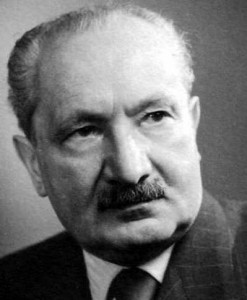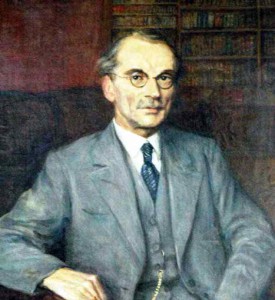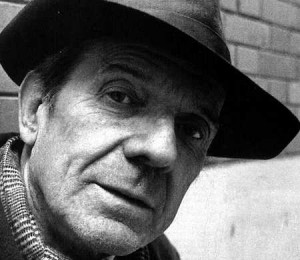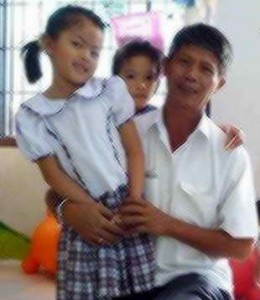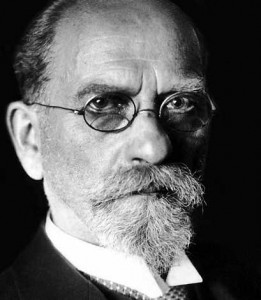 This paper primarily takes the form of an introduction to and a clarification of Husserl’s account of “phenomenological psychology”. This is a discipline that comes very close to phenomenology, and whose boundaries often seem to blur with those of phenomenology (and Husserl’s way of presenting such an account raises, rather than clarifying confusions).
This paper primarily takes the form of an introduction to and a clarification of Husserl’s account of “phenomenological psychology”. This is a discipline that comes very close to phenomenology, and whose boundaries often seem to blur with those of phenomenology (and Husserl’s way of presenting such an account raises, rather than clarifying confusions).
Specifically, in this paper, I disambiguate between three different meanings of “phenomenological psychology” that, I claim, can be found in Husserl’s works. Continue reading

